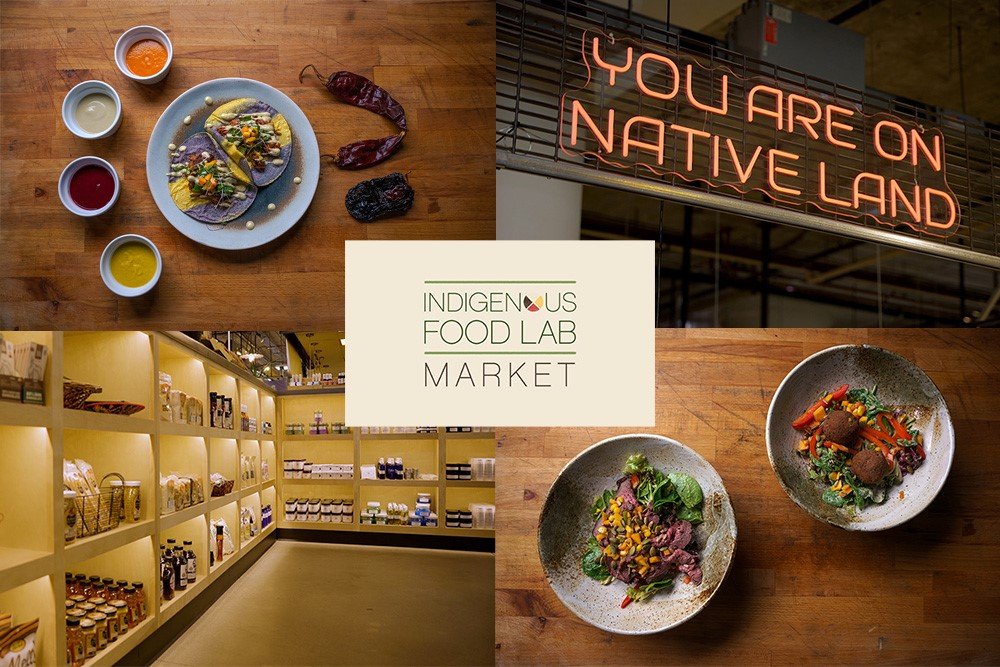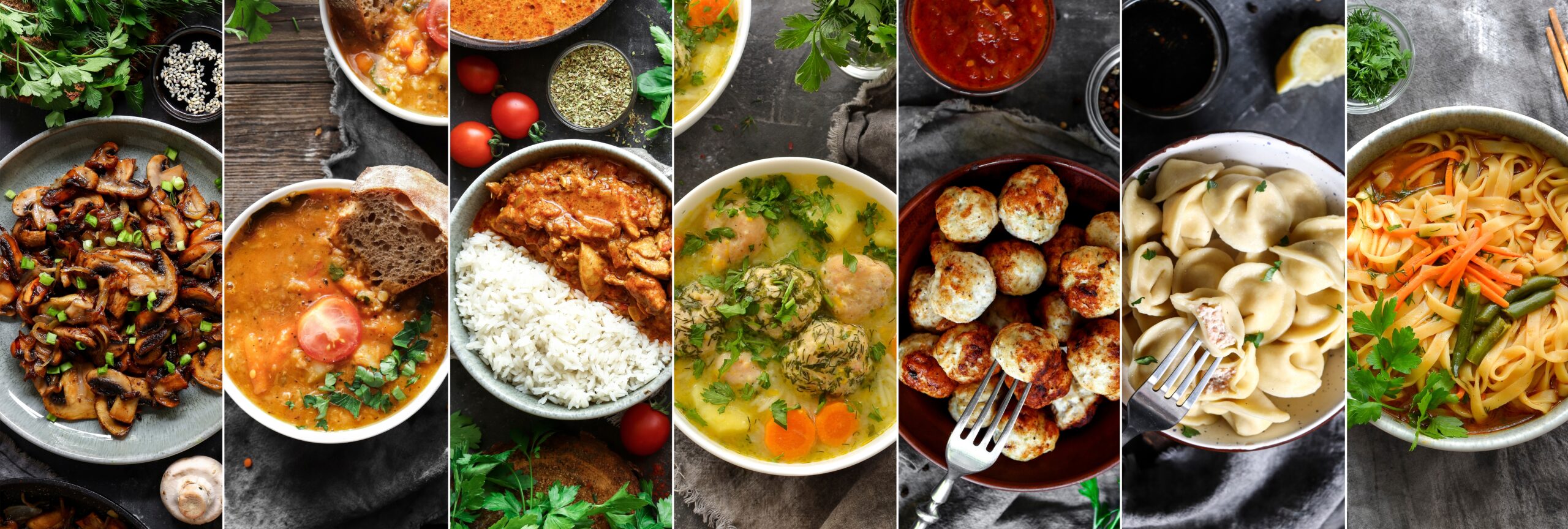Find something for everyone while absorbing the city’s culture
Anticipating culinary expectations for groups can be stressful for meeting professionals, especially with more awareness of vegetarian, vegan, gluten-free and religious-based dietary restrictions or preferences. An easy solution? A food hall. Smart Meetings has rounded up food halls across the country that not only provide a wide variety of cuisine for groups to choose from and reconvene in the dining area but are also located in buildings connected to the history and culture of the destination they are set in.
“These businesses offer a variety of cuisines and products, all made with fresh, local ingredients.”
– Lillian Brauner, senior manager of programming and events, Ferry Building, San Francisco, California
Ferry Building, San Francisco
The historic Ferry Building on the water’s edge of the Bay Area’s Embarcadero is one of the most historic and iconic buildings still maintaining its original integrity today. Easily accessible through various forms of public transportation in addition to ferry such as Bay Area Rapid Transit (BART), SF Municipal Railway (MUNI) and pedestrian traffic to accommodate groups and bicyclists, the Ferry Building of San Francisco and its marketplace attracts locals and visitors alike to share in the colorful diversity of cultures the Bay Area offers.
Connecting the urban city environment and local ingredients is the Ferry Plaza Farmers Market. Operating since 1993 by the nonprofit organization Foodwise, the Farmers Market provides visitors with a taste of a sustainability-focused culinary scene San Francisco has become famous for. Top-tier chefs and the highest respected farmers come together to offer a wide-spread variety of Bay Area fare.
Read More: California: A Shining Diamond
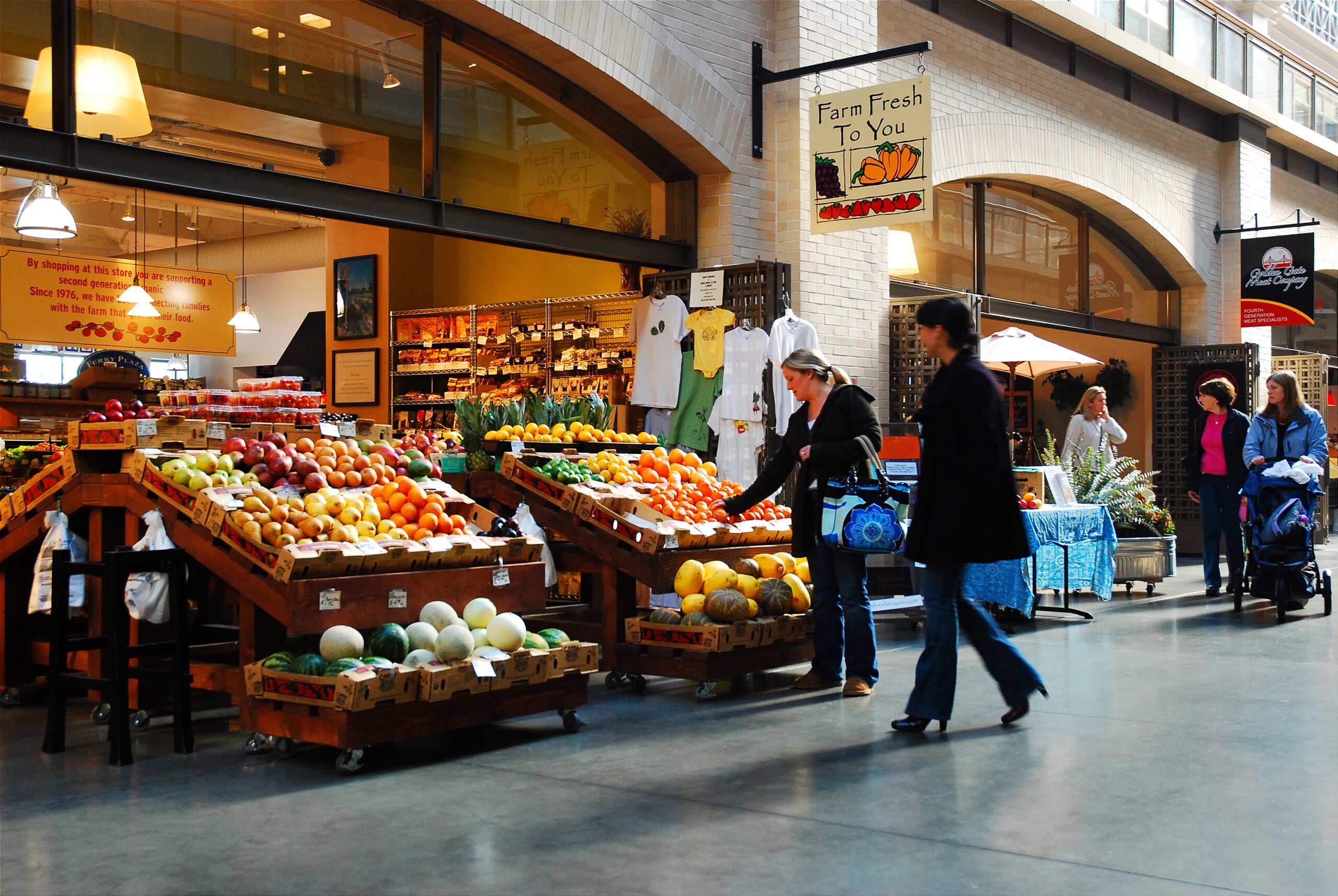
From Here On, Thalia Hall, Chicago
Repurposing Chicago’s Old Post Office, From Here On food hall represents the culinary trends of Chicago’s many neighborhoods. Located in Chicago’s Thalia Hall spanning over 20 acres of the urban landscape, From Here On doesn’t disappoint when it comes to variety and quality. With a focus on local ingredients and culture, visitors can find spots like Hot Chi Chicken. This moderation on the Nashville Hot Chicken concept began in Chicago’s South Side with a motto of “faith, fun and hip hop.”
Travel to another culture within the same building to Tempesta, an old-school family run Italian eatery that represents Chicago down to its very name—Tempesta is Italian for “strong wind gusts” to give a nod to the Windy City. With such different cultures representing the diversity of Chicago under one roof of Thalia Hall, From Here On provides groups with their choice of foods to experience the city.
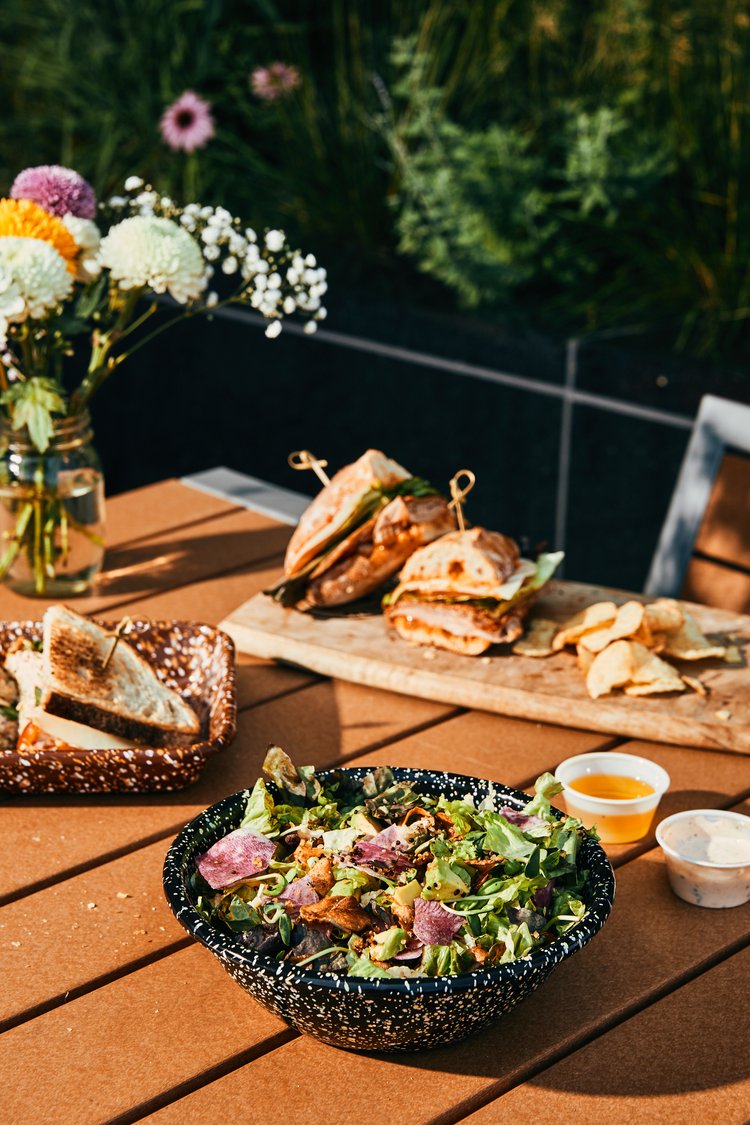
Grand Central Market, Los Angeles
Opened in 1917 and initially named the “Wonder Market,” the Grand Central Market continues to be a staple of the Southern California metropolis. With over 40 stalls in its market, the establishment features both businesses that have been in Los Angeles for multiple generations as well as new and modern fare. With the integrity of its historic roots and a vision for the future, Grand Central Market is a gem of the city.
With over 70 years of history in the market, McConnell’s Fine Ice Creams is still on the foodie’s checklist of must-haves in Los Angeles. Locally sourced ingredients and options to build your own ice cream sandwich or sundae, everyone in a visiting group will get a taste of sweet and customized Los Angeles history.
For a more modern approach in the market, head to Broad Street Oyster Co. to try their twists on seafood classics such as fried oysters and clam chowder. Claiming to have “World Famous Lobster Rolls,” enjoy these elevated and modified sandwiches served on a lobster-shaped platter.
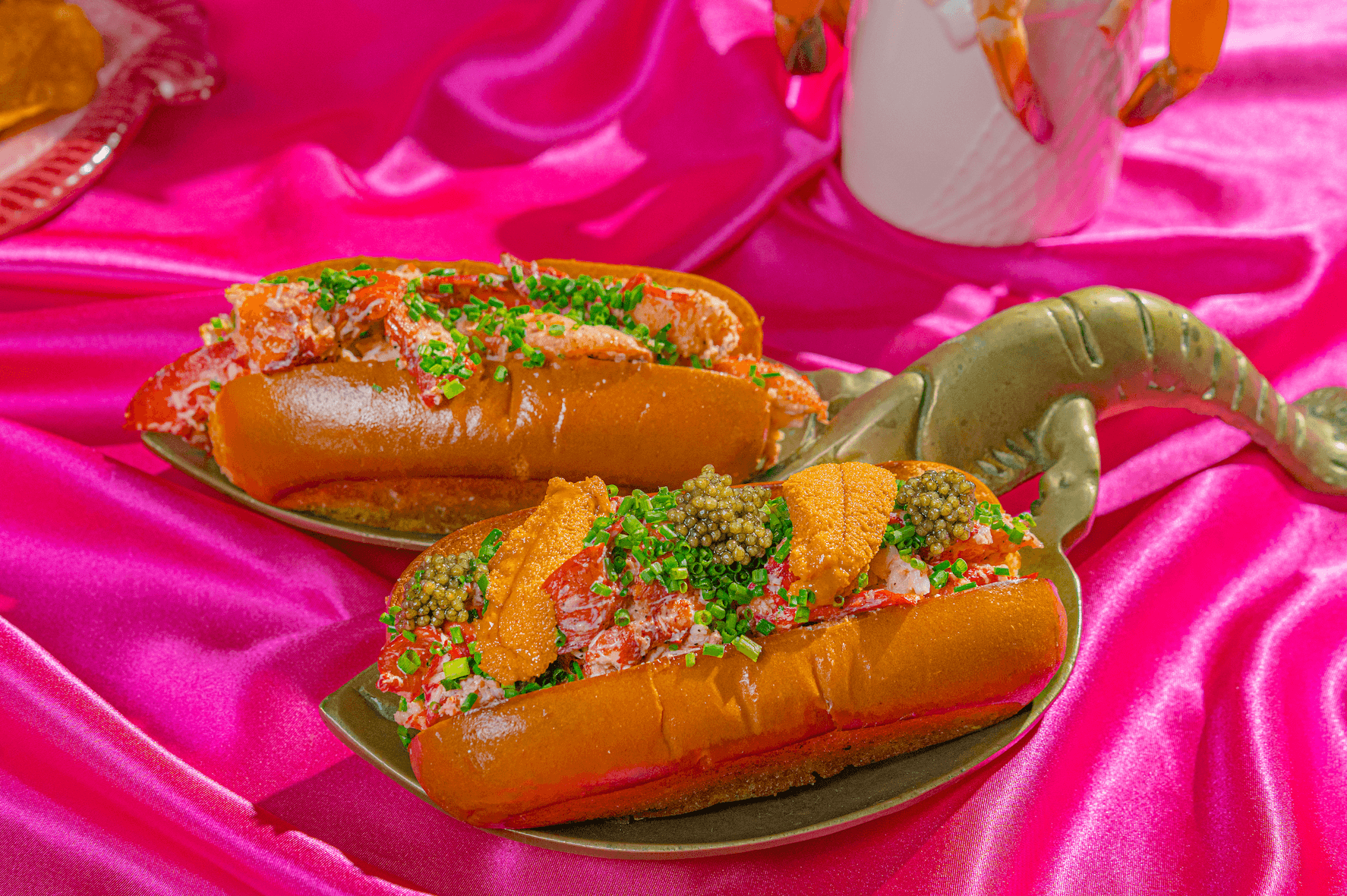
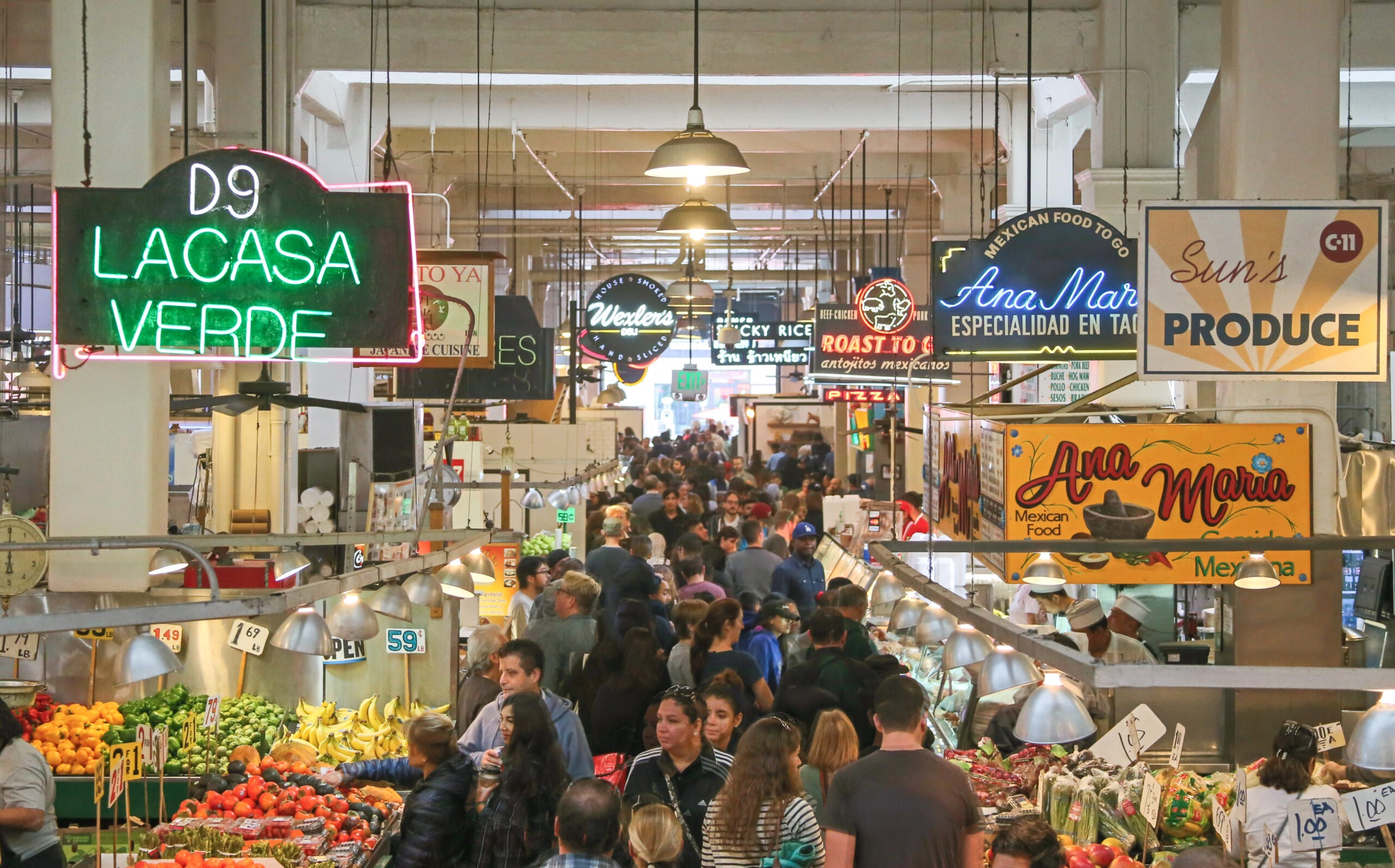
Midtown Global Market, Minneapolis
International cuisine and local wellness programs are the focus of this Midwest food hall. With food options spanning international cuisine and local indigenous fare, Midtown Global Market displays the diversity of the Midwest. With a focus on educating the public and providing high-quality indigenous and international foods, ingredients and merchandise, visitors can have a global and historic experience all within the food hall.
The Indigenous Food Lab Market is not only a hub for authentic food and beverage options but also offers education on the economic and health issues the indigenous communities in Minneapolis are faced with. The Indigenous Food Lab has merchants like the Spirit Kitchen that provide an indigenous culinary fare of Bison Biria and Sunflower seed cookies with maple syrup. Caffeine-free herbal teas enhance the experience with indigenous ingredients such as passionflower, elderberry, burdock root, chicory root and sumac.
